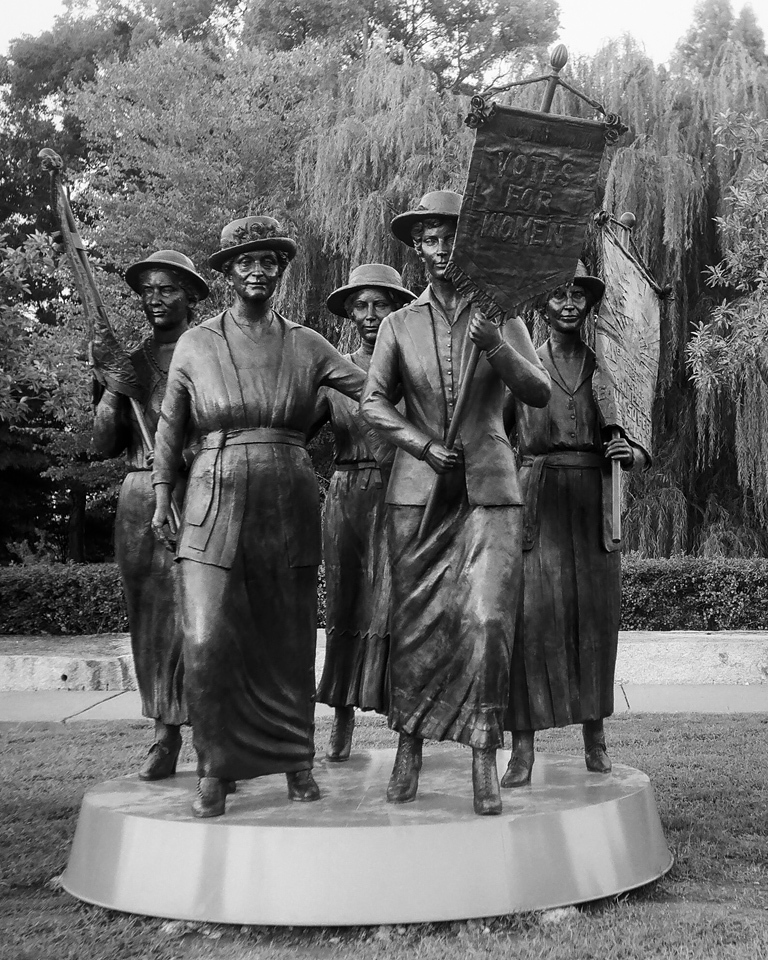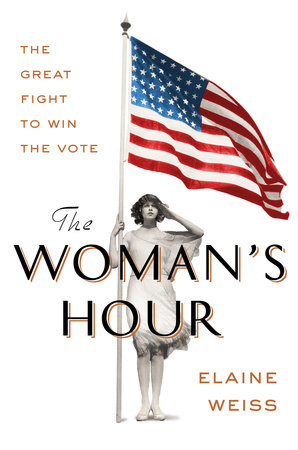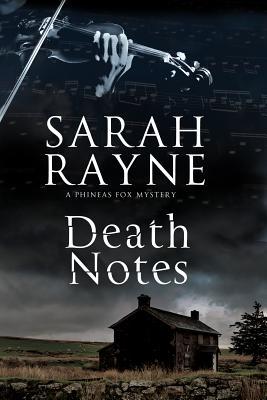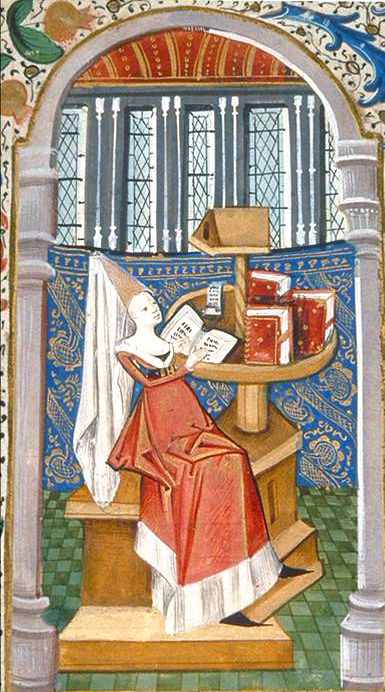Nashville in August 1920 was the focus of national attention as Tennessee became the deciding state in the ratification of the 19th Amendment giving women the right to vote. I was initially amused by the descriptions of the book—a “nail-biting” account of a “furious movement” leading to an “explosive climax” that results (lucky for me) in the attainment of the franchise for women. Little bit over the top in the language, are we? But I suppose if it sells the book . . .
Then I read the book. And found myself on the edge of my seat, biting my nails the whole time.
It seems evident and obvious and just to me that women should have the right to vote, to exercise their voice in government, to cast a ballot for those they believe will best represent and govern them. Why wouldn’t you want to vote? Then again, why wouldn’t you ratify an Equal Rights Amendment, pay women equal salaries for equal work, and insist on what seems like other natural God-given rights as citizens and humans of what is supposed to be the greatest nation in the world? Yet there were equally passionate and committed forces—led by passionate and committed women—who, like Phyllis Schafly a generation later, wanted to make sure that women stayed safely in the home, that black women in particular stayed safely underclass, and that the patriarchal control laid down as God’s will in the Bible was enforced on every woman born in this great United States whether she liked it or not. These women fought, hard, to hold back the tide of what looks to me, from where I’m sitting, like the great democratic promise of our Constitution, liberty and justice for all.
Which makes for great conflict. And great conflict makes for great story.
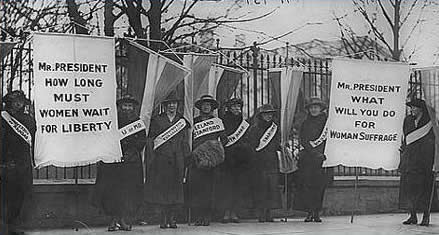 And Weiss is, thankfully, great at the narrative, and of making narratives out of what might otherwise be long rolls of backstory and history we’d have to trudge through. Somehow, she makes every person in this widely varied cast a real character: human, believable, developed, true to life. She tells us about their upbringings, their families, their personal tics. She describes the 70-year struggle to this moment, from the time of the famous Convention in Seneca Falls, NY, in 1848 (a place to which I made a curious and grateful pilgrimage when I lived in Ithaca) in ways that make it seem relevant, exciting, and memorable. She didn’t have to repeat information about who was who or what was what because she described it so well the first time. And she makes this 100-year-old event come to vivid life by sharing what was at stake for everyone: the Suffs and their leaders (Carrie Catt v. Alice Paul, and what a pair of characters they are!), the Antis, and the plotting, political men stuck in between (I’m sneering at you, Warren Harding).
And Weiss is, thankfully, great at the narrative, and of making narratives out of what might otherwise be long rolls of backstory and history we’d have to trudge through. Somehow, she makes every person in this widely varied cast a real character: human, believable, developed, true to life. She tells us about their upbringings, their families, their personal tics. She describes the 70-year struggle to this moment, from the time of the famous Convention in Seneca Falls, NY, in 1848 (a place to which I made a curious and grateful pilgrimage when I lived in Ithaca) in ways that make it seem relevant, exciting, and memorable. She didn’t have to repeat information about who was who or what was what because she described it so well the first time. And she makes this 100-year-old event come to vivid life by sharing what was at stake for everyone: the Suffs and their leaders (Carrie Catt v. Alice Paul, and what a pair of characters they are!), the Antis, and the plotting, political men stuck in between (I’m sneering at you, Warren Harding).
As Weiss notes, beyond just a nail-biting narrative, the story of the astonishingly skin-of-the-teeth passage of the 19th Amendment offers several parallels to our own time. She explores how the Civil War and racist attitudes in the South proved a strong block to justice. She examines the reasons and rhetoric behind the women fighting tooth-and-nail to keep a status quo that is clearly sexist and unjust to so many. And she shows, most bitterly of all, how often political decisions are motivated by how it will look and what votes it will gain/lose rather than what is just and fair and liberating and right.
The writing is simply terrific, the prose strong and vigorous; Weiss manages big events and long movements in memorable ways; and the dramatic scenes are powerful enough to raise your heart rate. This book is a treat, a marvel, and revelation, and necessary reading. Let it arm us for the continuing battle to insist that women share equally in the rights of humanity and the rights of our Constitution—and the battle to convince the opposition that insisting on our rights takes nothing away from men, families, or society at large but in fact creates a more just, roomier, and I hope more comfy world for everyone.
